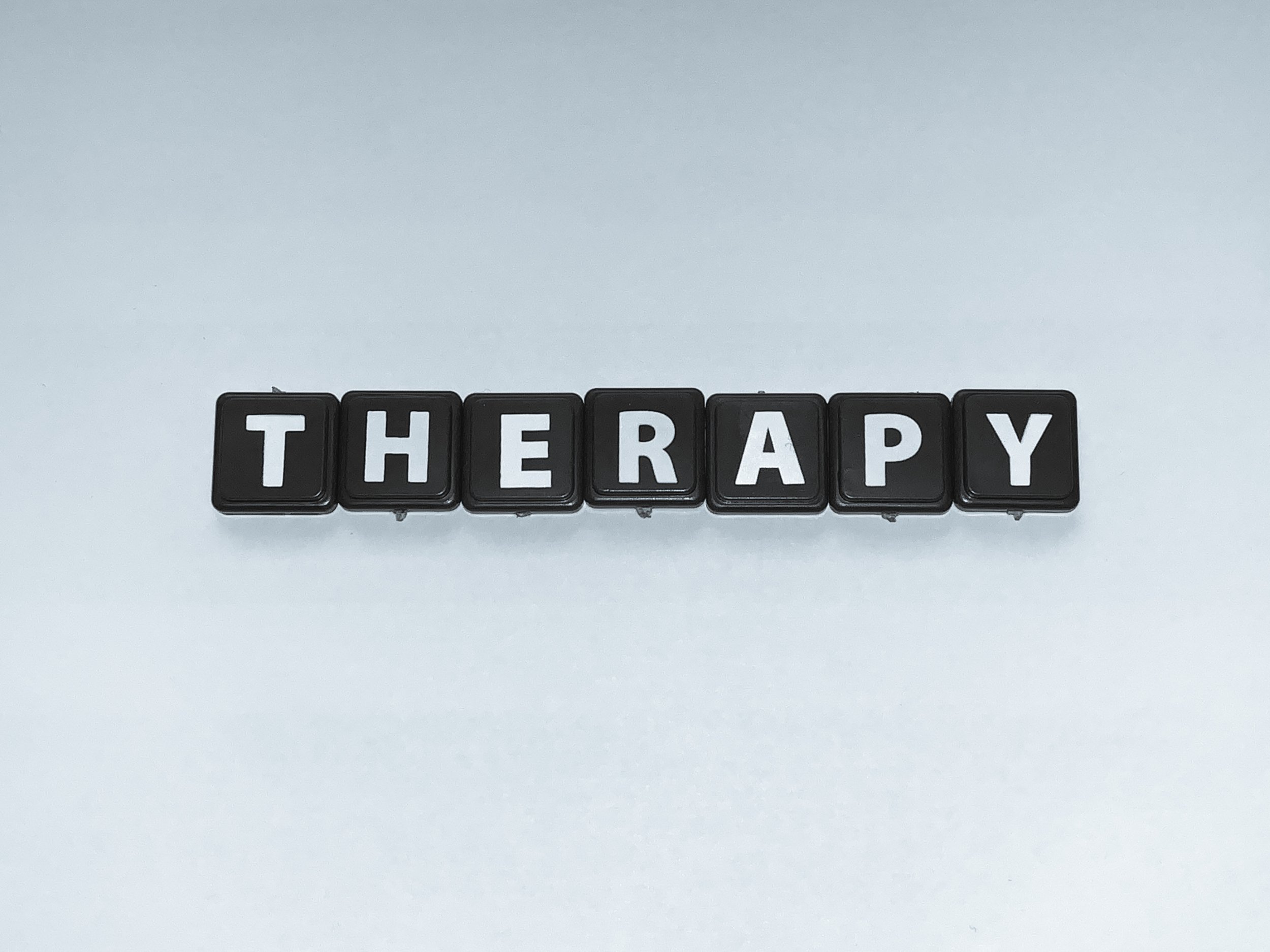
Frequently Asked Questions
-
It is not a pre-requisite to have a mental health condition to see a psychologist. People see psychologists for a wide variety of reasons. Therapy is a safe space for you to explore any past or current life challenges. If you feel like some issues are currently impacting your quality of life and want to create a better version of yourself, therapy might be a good first step towards that goal.
-
While all three are mental health practitioners, psychologists would have completed a 4-year accredited course in Psychology, followed by a postgraduate course (typical courses include: 1-year university postgrad for Registered Psychologists, 2-year university postgrad for Clinical Psychologists, or a Doctor of Philosophy in Psychology). Psychologists are trained in the science of how people think, feel and behave and help them become self aware of their triggers, habits, and response patterns.
Psychologists are trained to diagnose and treat mental health conditions using evidence-based techniques, often delving deeper to uncover the core issues leading to the current challenges.
Psychiatrists are medical doctors who did further training in mental health. They help people differentiate mental health conditions from other underlying medical conditions that could present with psychiatric symptoms. Psychiatrists treat mental health conditions mainly through pharmacological interventions, with some psychiatrists using talk therapy.
Counsellors adopt a more person-centered approach and help you work through your personal problems. Counseling focuses on specific issues and is designed to help a person address a particular problem, such as stress management or addiction. The focus may be on problem solving or on learning specific techniques for coping with or avoiding problem areas. Counseling is also usually more short-term than therapy.
Some people have a multi-disciplinary team which can include more than one occupation listed here, or other allied health (e.g. occupational therapist)
-
An initial assessment will be conducted at our first appointment. We will discuss confidentiality and informed consent. The assessment will include a background of your mental health issues, as well as relevant history and to discuss what you want to get out of therapy. After gathering this assessment, I will walk you through expectations for subsequent sessions so that you will be knowledgeable of and comfortable with the process. This will be done in a collaborative manner and depending on time, could span 1-2 sessions. This is a flexible process and goals/therapy directions can change based on your needs.
-
An annoying answer psychologists often give is, “It depends”. I am here to help you achieve your therapeutic goals and improve your quality of life. Depending on your current presentation and how deep the core issues go, therapy could take anywhere from a few sessions to a few years.
-
I charge $311 per 50-minute session. Session after 5pm incur an additional $15 surcharge ($326). If you have a valid Mental Health Care Plan from your GP, you are eligible for a Medicare rebate of $145.25 per session for up to 10 sessions per calendar year. Rebates are transferred directly to your nominated bank account through Medicare.
-
Appointments that are cancelled or rescheduled within 48 hours of the appointment time do not incur a cancellation fee. You will receive an SMS/email 3 days’ before reminding you of your appointment. As per APS guidelines, cancellations/rescheduling within 24-48 hours of appointment time will be charged 50% of your session fee, while cancellations/rescheduling with less than 24 hours’ notice will be charged 100% of your session fee.
-
Everything discussed in our sessions is strictly confidential and not shared with anyone else. The exceptions to confidentiality is in the event you are in danger of harming yourself, or someone else; disclose that you have committed a crime that warrants at least 5 years’ jail time; or if the court subpoenas my clinical notes.
-
Make an appointment with your GP (ensure you tell them that you are after a Mental Health Care Plan as they have to provide you with a longer appointment than a standard consultation). The GP will ask you some questions about your mental health and get you to fill out some questionnaires. You will obtain a copy of your MHCP, which has to include a cover letter with the following details: date, [name of psychologist – Heather Gan], [practice name – eg. [The Psychology Alley. [address]], your details (name, date of birth, address, medicare number, contact number), a paragraph stating your mental health concerns with the NUMBER OF SESSIONS (usually 6 or 4) under Better Access Initiative, and the doctor’s signature.
Please bring this MHCP to your first appointment in person or by sending it to [email] after confirmation of your initial appointment.
-
Unfortunately, I do not provide treatment/services for any individuals with eating disorders, or who are involved in court cases as I am not trained to provide medico-legal or insurance reports. Additionally, I do not do couples’ therapy.
-
All bookings for Child Impact Reports, Specific Issues Assessments, and Family Reports/Single Expert Reports can be inquired about via email - heather@thepsychologyalley.com

“Courage is not the absence of fear but rather the judgement that something is more important than fear; The brave may not live forever but the cautious do not live at all.”
―Meg Cabot, The Princess Diaries

